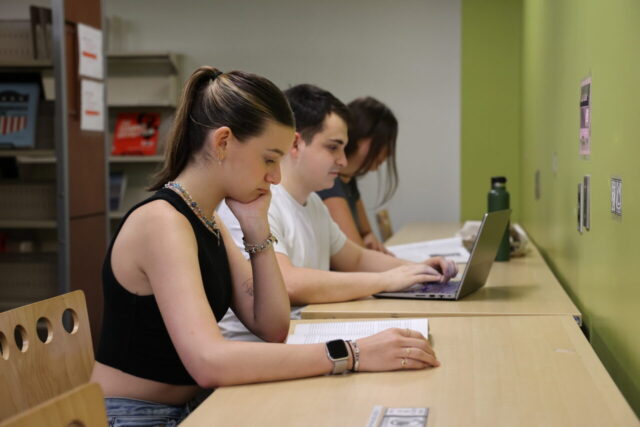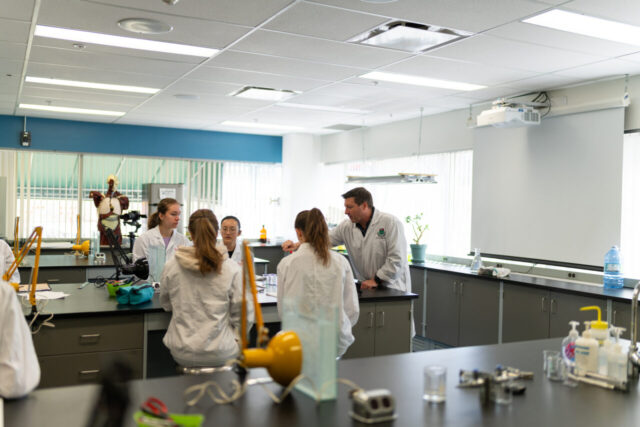Rules & Procedures
We have grouped all rules, procedures, and policy documentation together on this page for easy access.

Champlain Policies

Bylaw 8 Concerning Student Success
Under Bylaw 8, the college identifies students who are at risk of having academic difficulty when they start their studies, as well as students who have had academic difficulties in any given semester. If you fail more than half of your course load for the first time, you may be required to sign a contract and/or change programs. If the situation occurs for a second consecutive semester or on a repeated basis, you may be suspended for up to one academic year. See the bylaw or the Academic Advisor for more details.

Institutional Code of Student Conduct
The Institutional Code of Student Conduct defines various forms of misconduct, both in class and outside of class, and it provides details on sanctions and appeals.

Other Policies and Bylaws of Champlain Regional College
For a complete list of all of Champlain Regional College’s policies and bylaws, including policies and bylaws regarding admissions, fees, harassment, and many other subjects, click on the link below.
Consult the Policies and Bylaws of Champlain Regional College
St. Lawrence Policies

Institutional Policy on the Evaluation of Student Achievement (IPESA)
The rules for evaluating your achievement in courses are set in St. Lawrence’s Institutional Policy on the Evaluation of Student Achievement (IPESA). The IPESA covers many aspects related to your studies, including attendance, course equivalencies, academic appeals and complaints, cheating and plagiarism, and incomplete courses.

Institutional Policy on the Management and Evaluation of Academic Programs (IPMEAP)
Part of an overall approach to ensure the quality of education offered at St. Lawrence.

Ethics and Professional Responsibilities Guidelines for Faculty
Teachers are expected to respect guidelines for their interactions with students and others at the college. Some of these guidelines are included in documents referred to elsewhere in this website, such as the Institutional Policy on the Evaluation of Student Achievement (IPESA) and the Harassment Policy in the Policies and Bylaws of Champlain Regional College. St. Lawrence also has a broad set of ethical guidelines for teachers, which you can find by clicking on the link below.

Appeals and Complaints Policy
Information forthcoming

Web Confidentiality Policy
Information forthcoming

Computer Acceptable Use Policy
You are expected to use the college’s systems, software and hardware responsibly for college purposes. St. Lawrence is currently updating its Computer Acceptable Use Policy, to outline those responsibilities in more detail.

Procedure in the Event of Sexual Violence
The creation of such a procedure for our College is a legal obligation coming from the Loi visant à prévenir et à combattre les violences sexuelles dans les établissements d’enseignement supérieur (2017) and also from the Policy Against Sexual Violence adopted by Champlain Regional College in 2018 and amended in October 2024.
CEGEP Champlain – St. Lawrence seeks to foster and maintain a community of mutual respect and concern for all its members. It is a great violation of the terms of that community, and of the essential dignity of any member within it, when an act of sexual violence is committed. Any act of sexual violence constitutes a deep affront to our college standards, and will not be tolerated in any form.